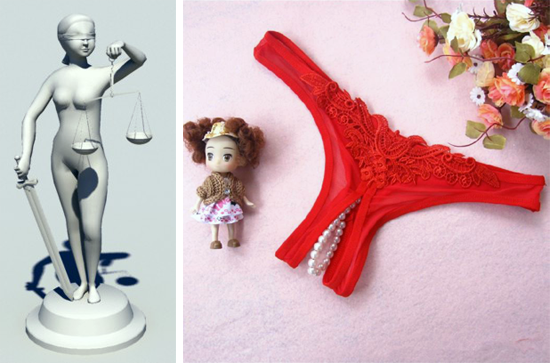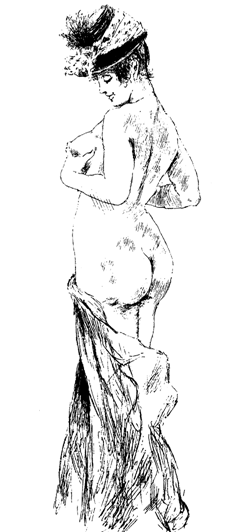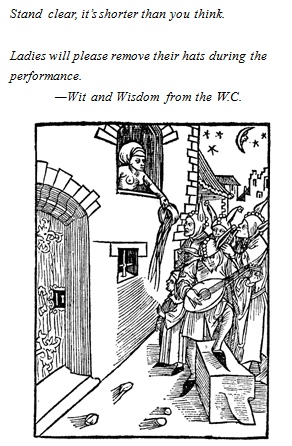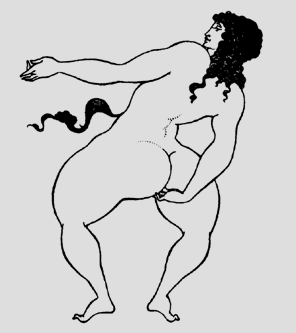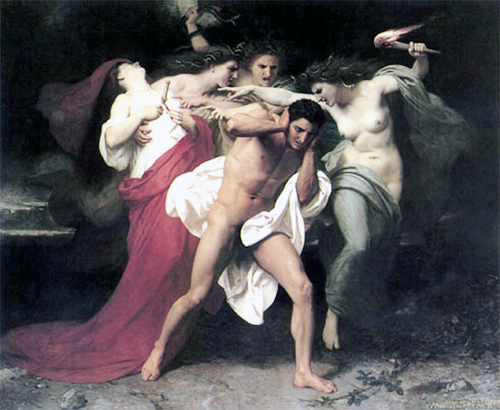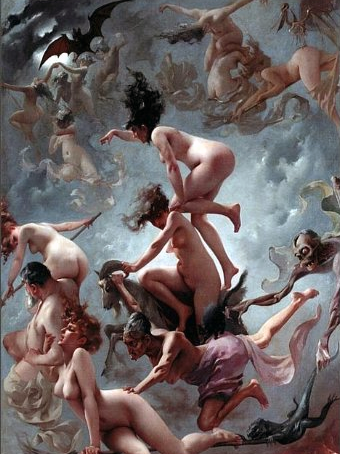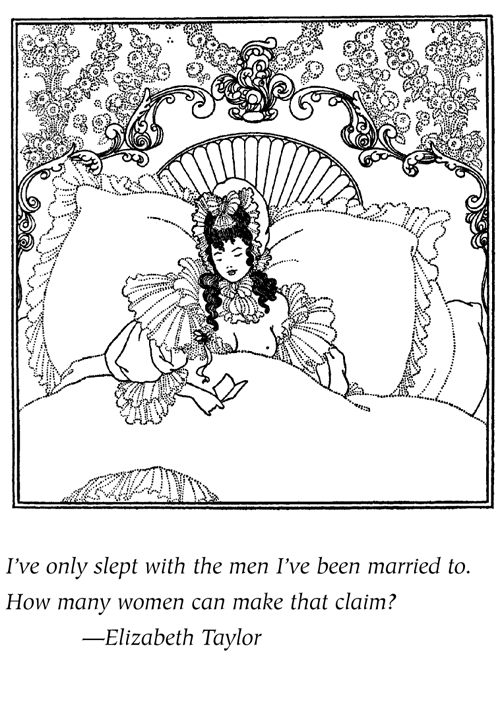Or
What’s In a Name?
Few people remember that Warren G. Harding was ever President of the United States; those that do, could care less. The obscure early 20th-century president died two years into office after achieving little that was worth remembering. Count him among the worst of our nation’s chief executives who was best known for the scandals and corruption that marked his tenure in office. But that was until a few days ago when we got a sneak preview of the racy love letters between President Harding and his mistress, Carrie Fulton who also happened to be the wife of one of his best friends.
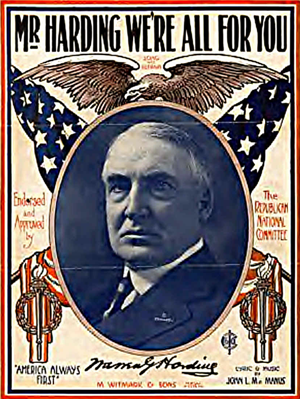
The Library of Congress this month will release more than 100 of these breathlessly passionate notes written by Harding to his mistress of 15 years… and they are “hot.”
Check out this one: “I hurt with the insatiate longing, until I feel that there will never be any relief until I take a long, deep, wild draught on your lips and then bury my face on your pillowing breasts.”
Most interesting of all was Harding’s on-going reference to his upright member as “Jerry”, describing it like an insistent friend who would arrive without warning and stay beyond his welcome. “Jerry came and will not go, says he loves you, that you are the only, only love worthwhile in all this world,” Harding wrote. “He is so utterly devoted that he only exists to give you all. I fear you would find a fierce enthusiast today.” In one letter penned just before the end of the First World War, Harding said simply: “Wish I could take you to Mount Jerry”.
Harding’s namesake, however, is pretty small pickings compared to a later chief executive, Lyndon Johnson who nicknamed his member “Jumbo” and was fond of showing it to other members of Congress; though it was a quite gratuitous gesture given how everyone already knew what a prick the President was.
It’s not unusual for men to name their organ, a fact I have recorded already in Bawdy Language, marking the special relationship men appear to have with their organ.
Isn’t it time you too got a whiff of the truth? Check out the brief history of the penis from “Bawdy Language.”
You Can Call Me…
On a first-name basis, Peter, Dick, and John stand out. Peter began as St. Peter, who held the keys to heaven, but after he had used them regularly for a few hundred years, and clearly was no longer a saint, he was reduced to just plain Peter, a long-time favorite name for the prick.
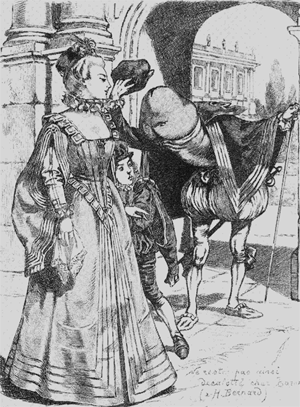
But Peter is nowhere as popular as he once was, having hit his stride among America’s teenagers in the 1940s and ’50s. In the Ozarks, however, he’s still the word for the family organ. Vance Randolph, the noted folklore specialist, tells the story of a novice minister who both embarrassed and flabbergasted his congregation by innocently inquiring as to how many Peters were out there. It was a real gaffe. In that part of the country, one never refers to Peter in mixed company. A son is never named Peter. And nothing, but nothing, ever peters out.
John, the commonest name in the English language, has often given his name to the commonest organ, as has Johnnie, a favorite of “cultured” nineteenth-century females. We are told that women have also been hot for a man’s Jones (20thC, U.S.), John’s family name. But our featured performer is John Thomas (c. 1840), an old pet name for a flunky or a servant, an important figure in world literature who was also the hero of Lady Chatterley’s Lover and without whom there would not have been a story.
“John Thomas! John Thomas!…”
“Ay,” said the man stretching his body almost painfully. “He’s got his root in my soul has that gentleman! An’ some- times I don’t know what ter do wi’ him. Ay, he’s got a will of his own, an’ it’s hard to suit him. Yet, I wouldn’t have him killed.”
“No wonder men have always been afraid of him!” she said. “He’s rather terrible.”
Jack (19thC), a nickname for John, has also stood for the penis and its erection, as has Jock (before 1790), from which we got the jockstrap by which today’s male supports his hanging Johnny. Nothing—well, almost nothing—could contain a roaring jack. A jack-in-the-box (19thC) was your pop-up surprise, the box being the likeliest place in which a man might place it.



